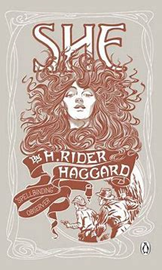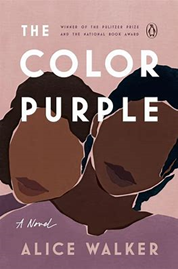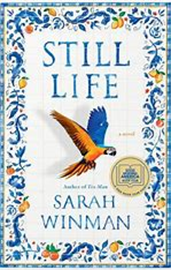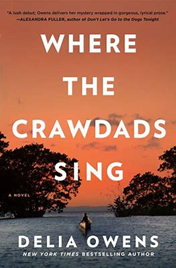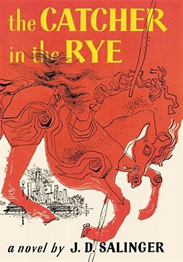Literacy
Literacy brings together the skills of reading and writing whilst also recognising the importance of oracy skills as an essential part of using language for effective communication. At SWRA, we recognise the need for all pupils to be literate in order to access the school curriculum and the world of work. Literacy development is inextricably connected to the development of the whole young person, and is linked to their perception of themselves and their place in society. We also recognise that literacy is a shared responsibility.
In all lessons, teachers use SWRA reading strategies in order to help students approach larger texts and improve their reading skills.
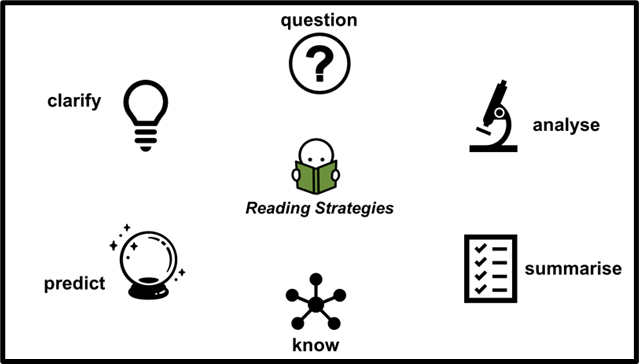
Additional Literacy Provision at SWRA
UNIVERSAL PROVISION
Library Lessons
All Year 7, 8 and 9 have one library lesson a week, where the focus is on reading fluency. Students read privately and to their teachers for half an hour. This one to one reader allows teachers to guide students to improve and monitor their progress on an individual, personalised basis. The second half of the lesson is focused around a class reader, where students use our SWRA reading strategies to develop their reading skills further.
The Library
Our school library is a fantastic resource for students. It supports and encourages teaching and learning within the school, and actively promotes reading for pleasure. It also provides a facility for research and private study, with both fiction and non-fiction books and computer facilities.
In addition to timetabled lessons, students are welcome to use the library facilities during Base Time, at breaktime and also at lunchtime. During social times, the pupils may use the Library to retrieve information, to do homework, use computers, to read, to colour or just browse the shelves. Our Library is also recognised school-wide as a safe space. Many students benefit from the quiet, relaxed nature of the Library.
The Library is open every day from 8:45am – 3:15pm and is run by Mrs Costello.
We offer a number of lunchtime clubs in the Library, including a Mindfulness Colouring Club, ‘The Lollies Book Award’ Reading Group, and ‘The National Teen Book Club’ Reading Group.
All Year 7 students follow a library induction programme during the beginning of the Autumn term which include information skills, library terminology and reading promotion.
We run ‘BookBuzz,’ annually with Year 7. ‘Bookbuzz’ is an exciting opportunity for students to review a series of titles by reading blurbs, reviews, synopses, judging books by their cover and watching videos. The students then have the opportunity to choose one of these titles each, and the books arrive in the winter term ready to be distributed before Christmas. Other events held in the Library include Harry Potter Day, National Poetry Day, and of course the annual World Book Day is one of our highlights.
Bedrock
This year, we have launched Bedrock with our Year 7 students. It is an educational platform designed to enhance learning through digital resources and tools. The focus is on improving students’ vocabulary and grammar skills.
Improved Literacy Skills: Bedrock offers structured programmes to help students improve vocabulary, reading comprehension, and overall literacy.
Engaging Content: The platform uses interactive lessons, quizzes, and activities that make learning engaging for students, motivating them to practise and improve their skills.
Personalised Learning: Bedrock adapts to individual students’ learning needs by providing content at their level, helping them progress at their own pace while focusing on areas they need to improve.
Accessibility: Being a digital platform, Bedrock is accessible from various devices, allowing students to learn both in the classroom and at home, fostering continuous learning.
Students complete Bedrock both in their library lessons and as homework tasks each week.
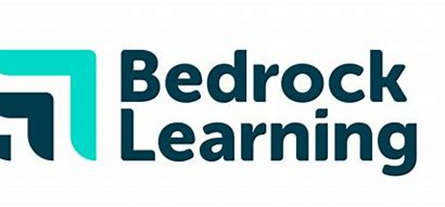
tARGETED PROVISION
Mrs Hutson, our literacy and numeracy mentor, works with identified students in 6 week blocks (seeing her once a week) to give small group support with students who could benefit from additional support in these areas.
IDL intervention
We use IDL (Indirect Dyslexia Learning) as a literacy intervention because it is designed specifically to support students with dyslexia and other literacy difficulties.
Targeted Support for Dyslexia: IDL is particularly effective for students with dyslexia, offering a structured approach that helps them improve reading and writing skills.
Individualised Learning: IDL adapts to each student's specific needs, allowing for personalised learning. The programme identifies areas where students struggle and adjusts the content accordingly, helping them progress at their own pace.
Boosts Literacy Skills: The program focuses on key areas of literacy, including reading fluency, comprehension, spelling, and grammar. It systematically reinforces skills, helping students develop their literacy through repetition and practice.
Progress Tracking: Our Learning Support Assistants each work with students who are completing IDL and monitor their progress.
VIPERS intervention
Identified students work with Mrs Johnstone each week on literacy skills using VIPERS.
VIPERS stands for Vocabulary, Inference, Prediction, Explanation, Retrieval, and Summarisation—six essential areas that improve students’ ability to understand and engage with texts.
Focus on Key Skills: VIPERS breaks down reading comprehension into manageable components.
Improved Understanding: Each component of VIPERS helps students tackle different aspects of reading
- Vocabulary: Expanding students' knowledge of words and their meanings.
- Inference: Helping students read between the lines and understand implied meanings.
- Prediction: Encouraging students to think ahead and make predictions based on context.
- Explanation: Developing the ability to explain ideas and concepts from the text.
- Retrieval: Teaching students to find and recall specific information from the text.
- Summarisation: Helping students condense larger sections of text into key points.
Structured Approach: The VIPERS framework provides teachers with a structured way to teach reading comprehension. By focusing on one skill at a time, teachers can ensure students master each element before moving on, making learning more efficient and organised.
Little Wandle
This year, we are involved in a pilot literacy scheme with Little Wandle. Participating in a wave 2 trial, we are supporting the development of a Key Stage 3 reading programme called Code, created by Little Wandle Letters and Sounds, part of the Wandle Learning Trust, a not-for-profit educational organisation. Little Wandle is collaborating with Mime, a company specialising in educational data analysis.
The trial involves Key Stage 3 students, with all Year 7 pupils having completed a reading assessment. The results of these assessments will contribute to the programme's development and enhance students' reading progress. Once the test has identified the areas students need to work on in order to improve their reading skills, they will complete tailored intervention sessions using a phonics based programme.
This initiative is fully supported by our school and will adhere to strict ethical guidelines. Confidentiality will be maintained throughout the process, and no personal details about students or the school will be shared publicly.
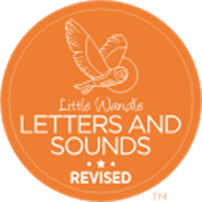
PiXL newsletter
Please find the latest PiXL newsletter which is emailed out to all KS3 and 4 parents here: PiXL Newsletter
Recommended Reads
KS3
- James Dashner’s Maze Runner – A thrilling dystopian text which engages and challenges young readers’ imaginations. (Recommended by Miss Court)
- Lois Lowry’s The Giver - A young boy named Jonas learns about the dark truths and complexities of the world from an elderly man known as the Giver in a seemingly perfect society. (Recommended by Mr McDonald)
- Susan Neilson’s We are all Made of Molecules– Geeky Stuart’s dad moves in with cool Ashley’s mum. A story about fitting in. (Recommended by Mrs Mullowney)
- Frank Cottrell-Boyce’s Cosmic - A funny novel about a boy who is mistaken for an adult and ends up going into space by accident. A story about growing up, not fitting in and responsibility. (Recommended by Mrs Connolly)
- Anne Frank The Diary of a Young Girl - Anne Frank, a thirteen-year-old Jewish girl documents her time in hiding with her family for two years in Nazi-occupied Amsterdam. One of the most powerful pieces I have ever read and truly moving. (Recommended by Mrs Bridges)
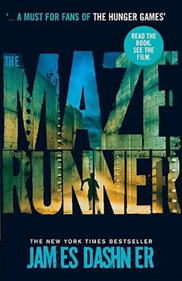
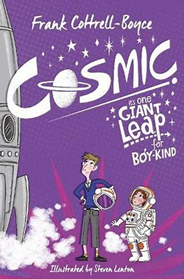
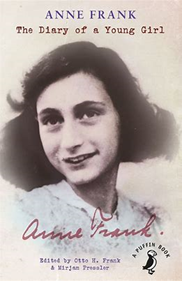
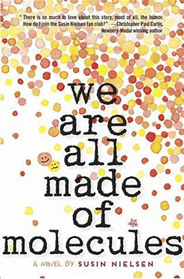
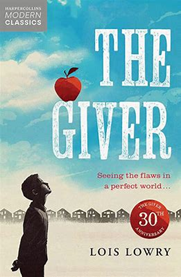
KS4
- Harper Lee’s To Kill a Mockingbird - a must-read for its powerful exploration of racial injustice, moral growth, and empathy. (Recommended by Miss Court)
- Patrice Lawrence’s Orangeboy - This is a gritty thriller set on the streets of London, exploring the realities of teenage gang culture. The story follows Marlon, who gets caught up in a world of revenge and faces impossible choices. (Recommended by Mrs Bridges)
- Will Hill’s After the Fire - A powerful story of survival after life in a cult. (Recommended by Mrs Mullowney)
- Ben Oliver’s Loop Trilogy - perfect for fans of The Hunger Games and Maize Runner, original and gripping. (Recommended by Mrs Connolly)
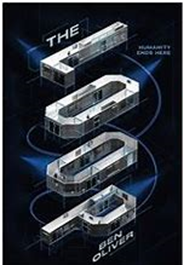
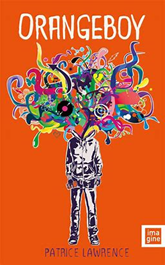
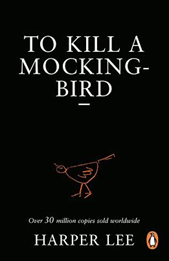
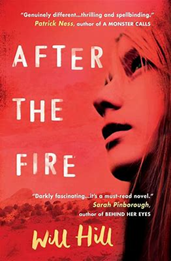
KS5
- Ryder Haggard’s She - a captivating blend of adventure, mythology, and exploration of power and immortality. (Recommended by Miss Court)
- Alice Walker’s The Color Purple -The novel is written in epistolary form, with protagonist Celie narrating her life through painfully honest letters to God. Set in the Southern United States during the early 20th Century, the novel unfolds against the backdrop of racial segregation and patriarchal oppression. (Recommended by Mrs Bridges)
- Sarah Winman’s Still Life– A chance encounter between a solider and spy in World War II starts a decades-long quest to find one another again. (Recommended by Mrs Mullowney)
- Delia Owens’ Where the Crawdads sing - A beautifully written coming-of-age murder mystery set in the isolated marshes of North Carolina. (Recommended by Mrs Connolly)
- J D Salinger’s The Catcher in the Rye – An intriguing exploration of psychological development. (Recommended by Mr Hutchinson)
